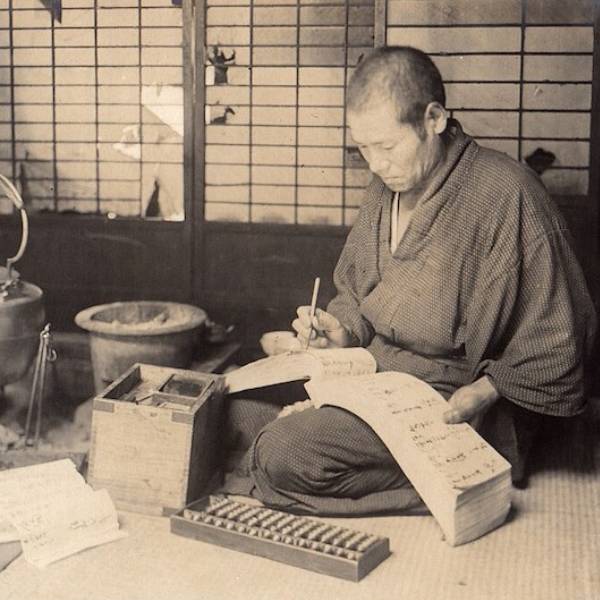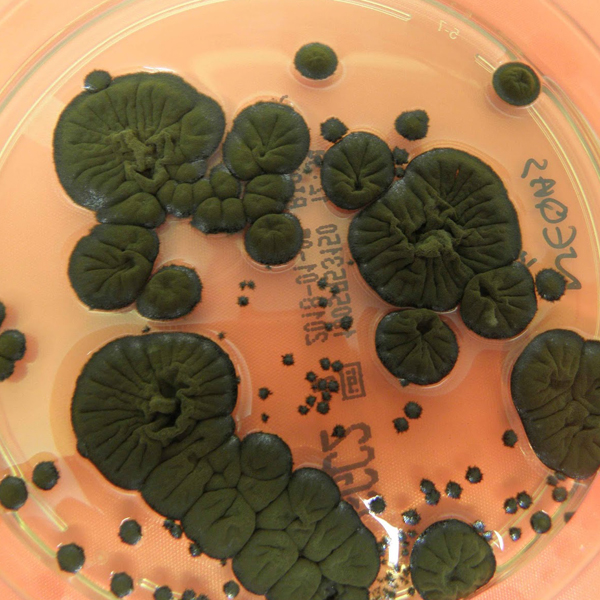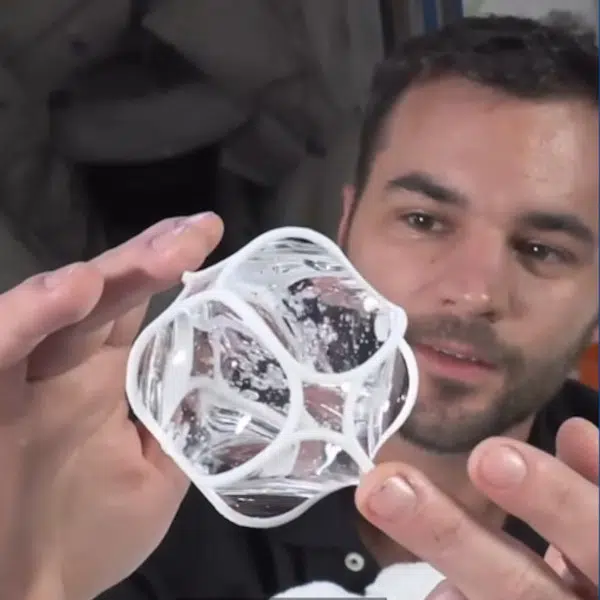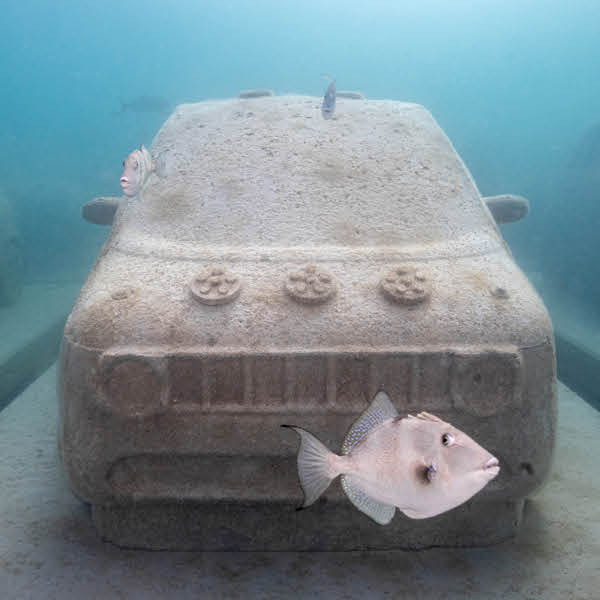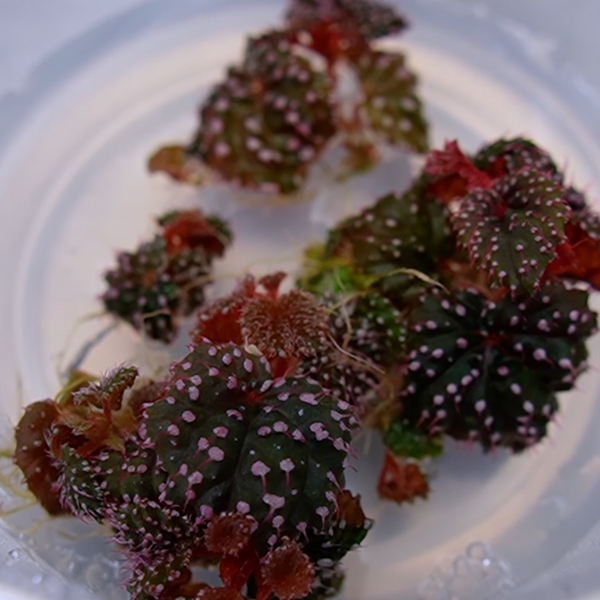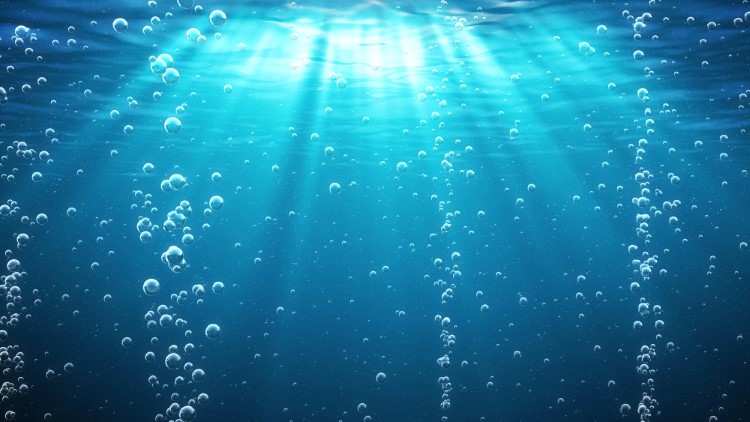
Photo: peshkov/Depositphotos
We're all familiar with photosynthesis, the process by which plants use sunlight to generate oxygen. But have you ever heard of “dark oxygen”? This term is given to a phenomenon in which oxygen is produced on the sea floor without the typical process of photosynthesis. According to a recent study published in Nature Geoscience, researchers found that metal nodules on the abyssal plains of the Pacific Ocean are splitting seawater into hydrogen and oxygen.
This phenomenon was initially discovered in 2013 by the head researcher of the Scottish Association for Marine Science, Andrew Sweetman. Sweetman found unusual amounts of oxygen being produced at the bottom of the sea floor where there is no light. Prior to this, scientists believed that marine plants were producing all the oxygen in the ocean through photosynthesis.
Instead, the study explains that seawater electrolysis, caused by the high voltage on each nodule's surface, produces “dark oxygen.” These nodules form when dissolved metal in seawater builds up on fragments of shells and other ocean debris in a process that takes millions of years.
The scientists conducted their research thousands of feet below the surface of the Pacific Ocean, between Hawaii and Mexico. The researchers collected the nodules and analyzed them, determining their voltages– which were similar to those of a typical AA battery. Additionally, from chambers on the bottom of the seafloor located a few miles out from the nodule fields, researchers assessed the oxygen levels and how it was used.
The researchers concluded that the polymetallic nodules acted like batteries—the combined voltage of various nodules on the seafloor created currents powerful enough to split water molecules into hydrogen and oxygen.
With this discovery, these lumps—composed of iron and manganese oxides and containing elements used in batteries such as cobalt, copper, and lithium—have become highly desirable to deep-sea mining companies. Currently, deep-sea mining corporations are developing plans to extract the nodules. However, marine biologists and scientists hold serious concerns about the mining activities causing the potential destruction of the habitat and disruption of the nodule formation process.
“There’s already overwhelming evidence that strip mining deep-sea nodule fields will destroy ecosystems we barely understand,” Professor Murray Roberts, a marine biologist from the Univerisity of Edinburgh, told BBC News. Professor Murray is one of 800 marine scientists from around the world who have signed a petition calling for a pause in mining activity.
“Because these fields cover such huge areas of our planet, it would be crazy to press ahead with deep-sea mining knowing they may be a significant source of oxygen production.”
This discovery has several implications: it not only challenges the previously held belief that photosynthesis was the sole method of oxygen production in the ocean but also raises questions about how deep-sea organisms use this newly identified source of oxygen. While there are no measures to protect the nodule sea beds yet, further research is needed to determine whether developmental activities and the preservation of these ecosystems can coexist.
“Dark oxygen” is a term used to describe oxygen production on the sea floor without photosynthesis.
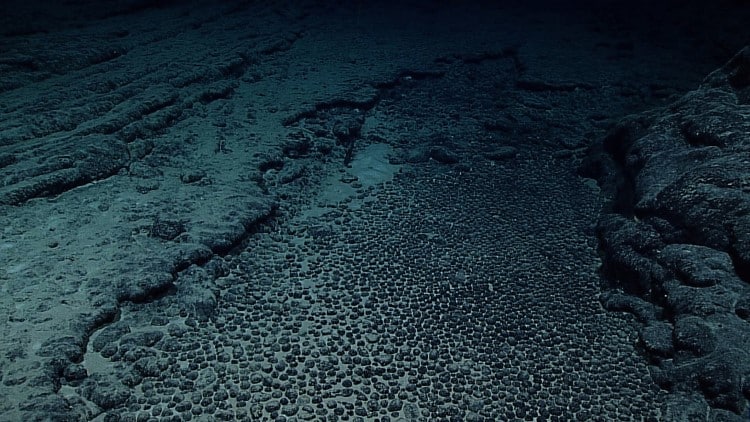
Photo: NOAA
Metal masses on the abyssal plains act like batteries, using electric currents to split seawater into hydrogen and oxygen.
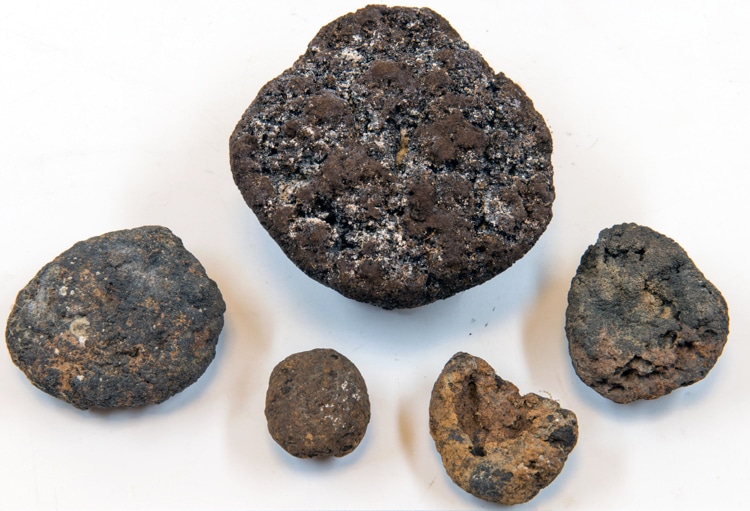
Photo: Hannes Grobe via Wikimedia Commons (CC BY-SA 4.0)
This finding challenges the previous belief that oceanic oxygen production was only possible through photosynthesis and raises concerns about the potential environmental impacts of deep-sea mining.
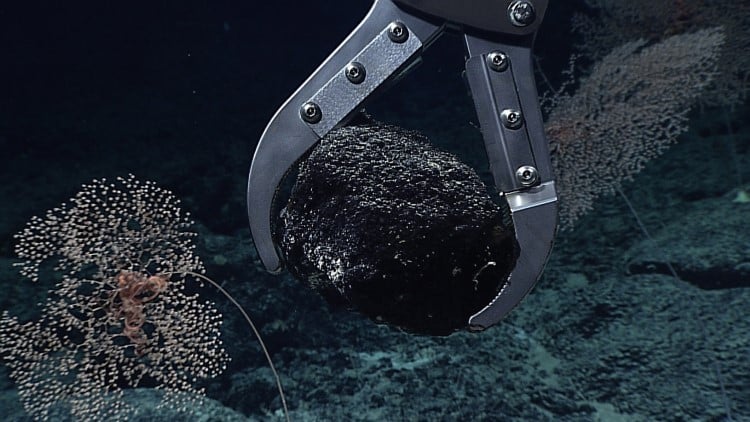
Photo: NOAA
h/t: [BBC]
Related Articles:
Scientists Discover First-Ever Organism That Doesn’t Need Oxygen To Survive
Mesmerizing Footage Reveals the Radiant Nightlife of Deep-Sea Creatures
Scientists Develop Motor To Make Oxygen on Mars To Support Astronaut Life











































































